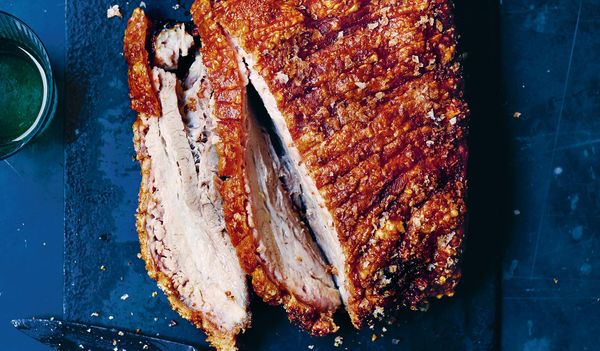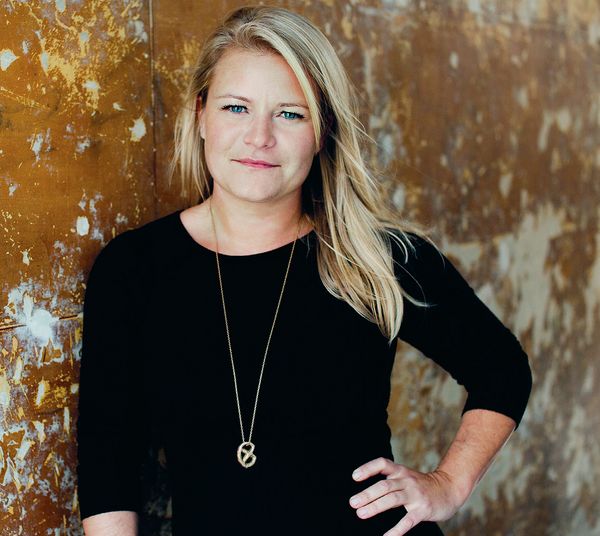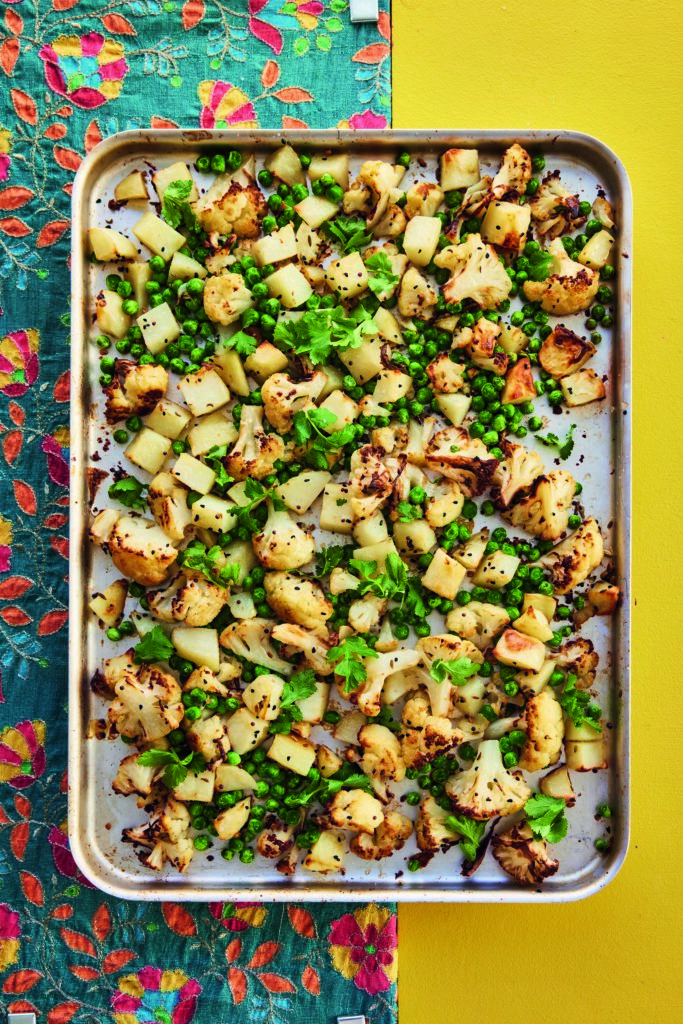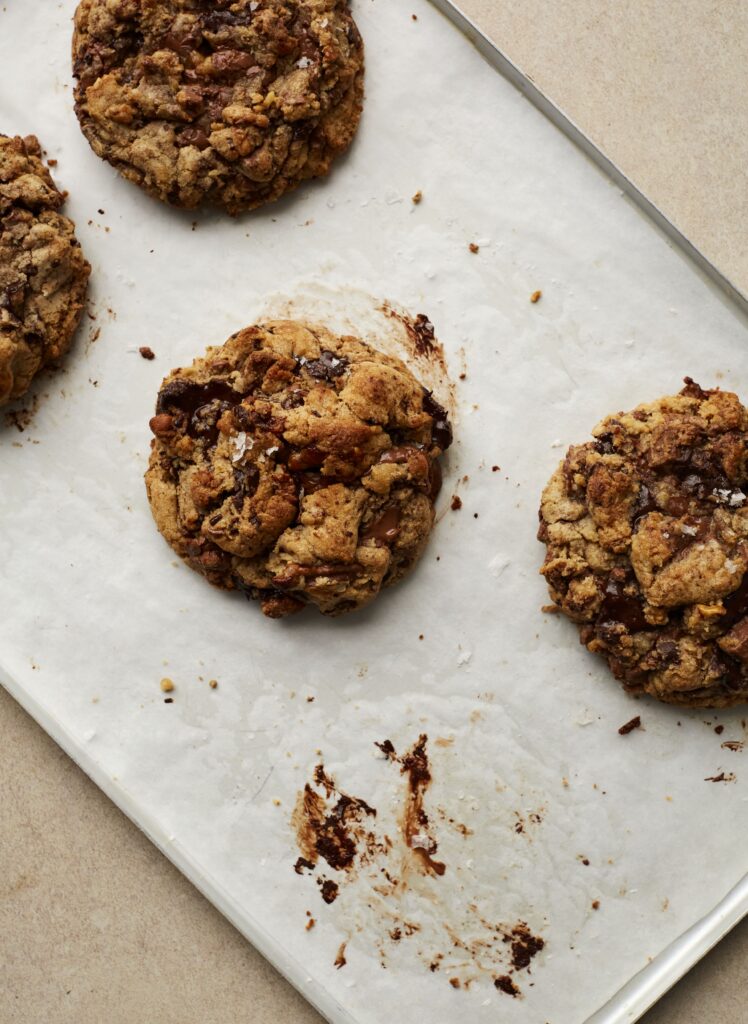We asked Harry Eastwood, author of CARNEVAL, how to buy ‘good’, sustainable, ethical meat and we’re pleased to say she had so much good advice to give on the subject…
What is ‘good meat’?
Good meat, simply put, comes from outdoor reared, slow grown animals. All animals were designed to live outdoors and eat natural food, found as locally to them as possible. In the case of grazing cows and sheep, this is the stuff literally under their hooves: grass.
How an animal was raised, what it was fed and the conditions in which it was farmed have an enormous impact on the quality and flavour of the meat. This is what I am referring to when I speak of ‘breed, feed and animal husbandry’ in the introduction to CARNEVAL.
From the book
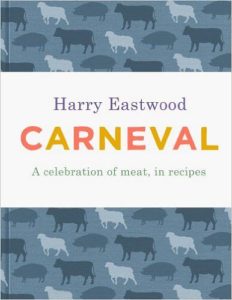
Carneval
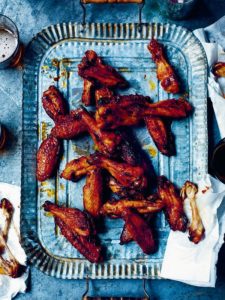
Overflowing with creative recipes for delicious meaty dishes
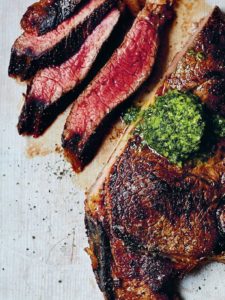
Master the art of cooking meat to perfection
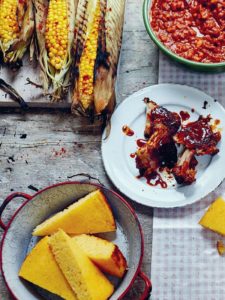
Inspiring side dishes, sauces and marinades
What should I be asking for at the butcher’s?
I’ve worked with a lot of butchers over the years and even I can be intimidated by them sometimes, especially if there’s a big long queue out of the shop. So here’s a quick guide to help you get the very best quality meat around.
1- Look the butcher in the eye and ask him or her what’s good that day. Be open minded. You may have come in for lamb chops but walk out with dry aged, heritage pork belly instead. Tell him or her that you want the very best and that you’re willing to pay for it. This will indicate that you mean business and will encourage them to go the extra mile.
2- Don’t be afraid to ask questions. A good butcher wants you to ask questions like “can you tell me about the breed of that piece of meat?” or “how long was that piece of meat hung for?” If they look shifty or don’t know the answers, shop elsewhere. There is a list of certified good butchers from all over the British Isles on www.qguild.co.uk.
3- Finally: give feedback, whether positive or negative. Don’t settle for anything less than outstanding meat.
On a personal note, I have a really terrific local butcher here in Paris. His eyes light up when I come in because, although I only buy meat once or twice a week and am therefore not his biggest customer, he knows I recognise ‘the good stuff’. I bought some beef shin mince from him recently for a Bolognese and, although the flavour was excellent, I found it a little dry. By and large, French traditional breed beef do tend to be leaner than the British equivalent and so now, because he knows I like a little more moisture in my mince, I call up ahead and he makes a mixture of short rib and shin mince for me. I told him what I wanted and he listened. And when he lowers his voice and tells me that he’s just got in something special like Noir de Bigorre pork from the Pays Basque, I jump on it because I trust him. The listening goes both ways and everybody’s happy.
Will I have to pay more?
The short answer is: yes. Because the best quality meat involves much more time, much more space and feed than its industrially produced equivalent- it should be more expensive. But here’s the good news:
1- your meat meals will be more memorable because you’re pumping up the jam on the flavour and texture of your meat. Cutting back on quantity is easy to do when the quality of your meat meals goes up radically.
2- your butcher will be able to advise you on the cheaper cuts and help you to be thrifty. Cheaper cuts may take longer to cook but it doesn’t mean that they entail any kind of flavour compromise. I mean, who doesn’t love a fall off the bone smoked rack of ribs or a melt in the mouth Bolognese? I wrote CARNEVAL also as a way of showcasing the cheaper cuts because part of the joy of eating meat for me is in honouring the whole animal- not just the steaks. What’s more, the cheaper cuts are often the ones that are suitable for freezing, which means that although they take longer to cook, you’re making that time spent in the kitchen go further.
The final thought I have on this important question of price is this: when you find a good butcher, treasure that relationship and nurture it with your business. If you don’t, they will disappear and so will all that amazing meat. Every time you buy a petrol station ham sandwich made with industrial meat or a jumbo pack of nondescript mince at the supermarket, you’re asking that shelf to be filled with the same junk.
How do I deal with supermarket labels?
The business of labelling meat isn’t straight forward but there is one golden rule that I always stick to: if the packet says nothing, put it back. That silence is ominous. The white space where ‘outdoor reared’ and ‘slow grown’ are not written is telling you a lot.
You will find a much more detailed account of what terms like ‘free-range’, ‘organic’ and ‘select farm’ actually mean in the first few pages of CARNEVAL.
Want to try out some recipes from CARNEVAL? Check out Harry’s Gourmet Lamb Burger or her Kung Pao Chicken.

